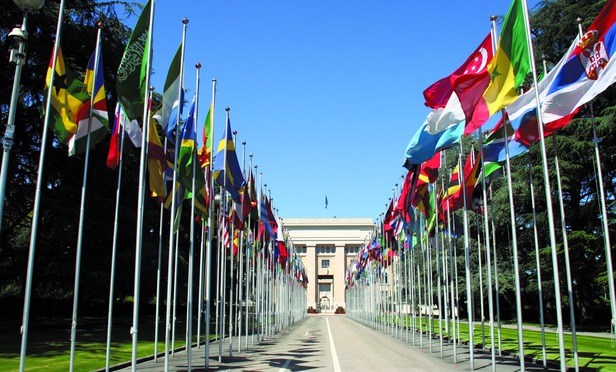Unequal access to justice is a central concern of the U.S. legal community. The international community, too, is taking note of disparities within the United States. Later this month in Geneva, the United Nations Human Rights Committee will ask the United States to account for its widening civil justice gap. The United States’ response will affect its credibility as a global leader in civil and political rights.
In this country, millions of people who are poor or low-income are left to fend for themselves when facing a crisis such as eviction, foreclosure, domestic violence, termination of subsistence income, loss of child custody or an immigration removal proceeding. Indeed, in the United States, only a small fraction of the civil legal problems experienced by low-income people — fewer than one in five — are addressed with the assistance of legal representation. The result is a crisis in unmet legal needs that disproportionately harms racial minorities, immigrants and women.




